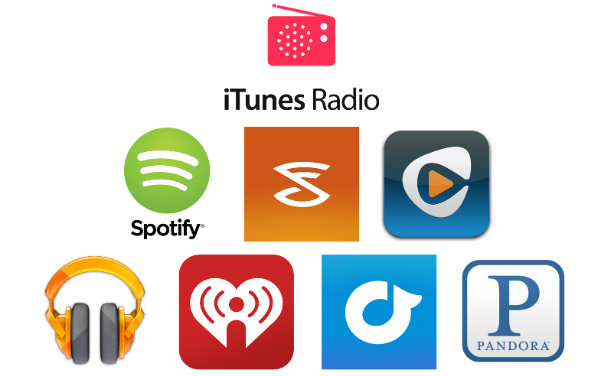The shift in consumer spending towards accessing music rather than owning it is an unstoppable trend that has resulted in the one of the biggest shake-ups in recorded music distribution for a century, according to global analyst firm Ovum.

Ovum’s latest report 2016 Trends to Watch: Music points out that it is important to remember that no music subscription service is anywhere near breaking even, and the need for scale is far more important than the color of the balance sheet ink.
Head of Music Practice at Ovum and author of the report Simon Dyson says, “The recorded music sector of yesterday is quite simply that, a bygone era that is being swept away by shiny new industry players.” Dyson added “music retailers will never sell as many CDs or downloads as they did last year and so services along the music value chain that want to be part of this rapid evolution in recorded music must simply embrace the change and make access work for their business.”
According to Ovum, the trends to watch for music in 2016 include:
- Streaming will drive digital music growth in 2016, but will not offset the fall in sales of CDs and downloads.
- Intense competition in the music streaming sector will result in more service casualties.
- Controversy over who benefits most from music streaming will continue to make headline news and remain a divisive issue.
The report said that, despite the fact that spending on music subscriptions is on the up, there will be no growth in overall consumer spending on recorded music in 2016. According to Ovum’s latest forecasts, global retail sales of recorded music will edge down 0.5% in 2015 and will fall a further 0.2% in 2016. In 2015, subscriptions alone will account for 28% of digital spending and 15% of the combined digital and physical spending total. Five years ago, barely 3% of retail spending on recorded music came from subscriptions.
One thing to note when looking at the music industry future is how big an impact streaming will make in markets that until now have contributed next to nothing to the recorded music industry pot. Countries such as China and India that have long been dominated by music piracy but are so often thought of as “emerging markets” will start to live up to that tag. Streaming services in India are already reporting high user metrics and the early results elsewhere suggest streaming is not only guiding the recorded music industry’s future in Western countries, but is also opening doors to the less developed markets.
As well as growth in streaming revenue, Ovum is expecting the sector to consolidate. Casualties in the race to become the music streaming service of choice are unavoidable. Given the amount of services offering what is essentially the same product to a limited number of customers, company closures and acquisitions are inevitable.
“The shift from music ownership to access is not an overnight proposition and consumers will take their time to change the habits of generations. But it remains the recorded music industry’s best bet for returning consumer spending to levels not seen for more than 15 years,” concludes Dyson.











